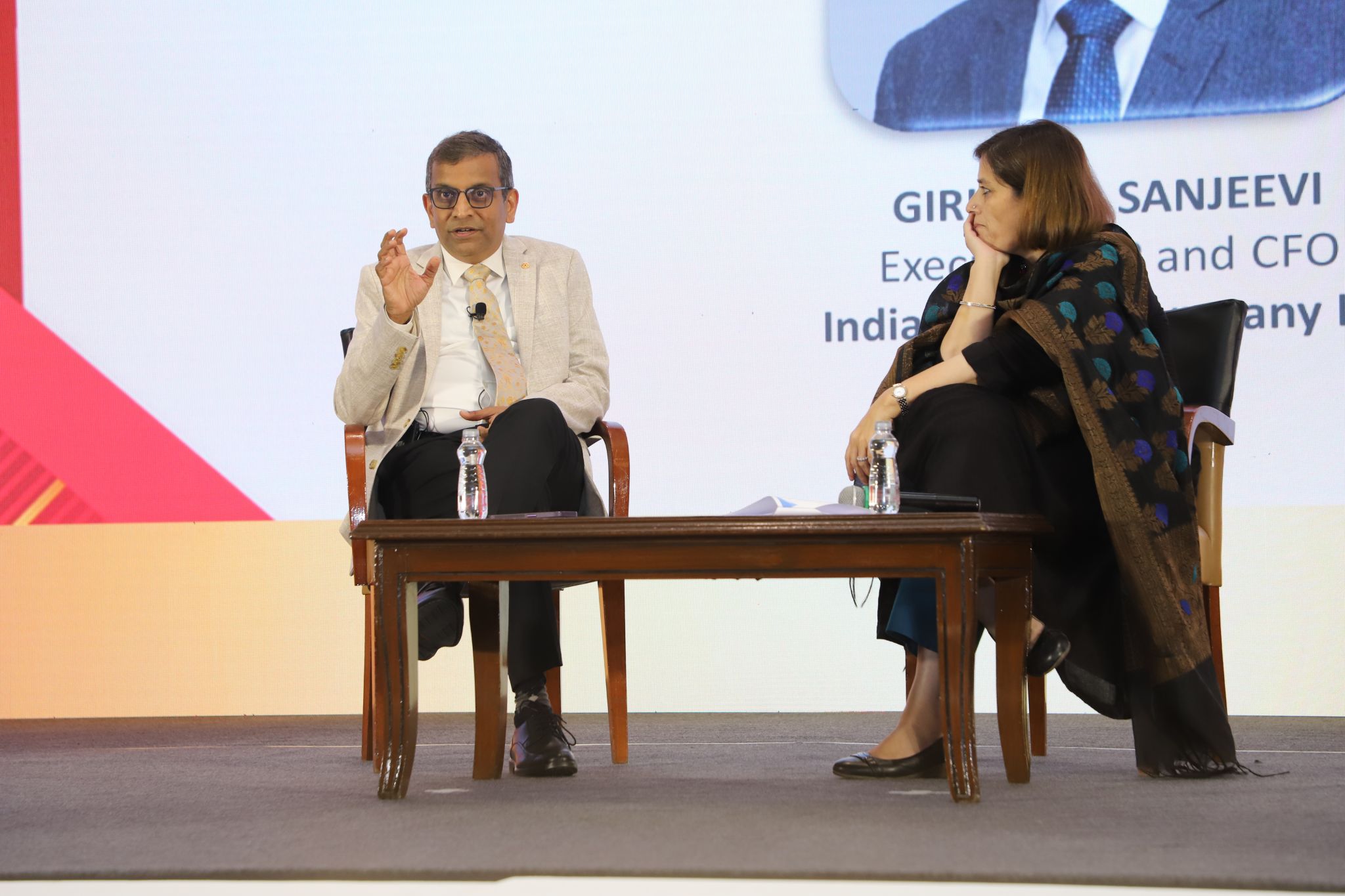- April 25, 2024
Deconstructing existing narratives: IHCL CFO advocates for a holistic approach to succession planning

Succession planning is both an emotional and strategic endeavour for any organization. So, what does it take to create a strong and sustainable succession plan? It primarily entails posing difficult questions about the future and preparing for potential changes. CFOs, in particular, must carefully evaluate both individual career trajectories and the organization’s overarching growth strategies when managing succession planning.
Giridhar Sanjeevi, popularly and very lovingly known as ‘Giri’ by his peers, shared his seasoned perspectives on the complexities of succession planning at our most recent CFO100 Conference in Mumbai, drawing from his wealth of experience in diverse industries. As the CFO of a company managing 200 hotels with another 100 in the pipeline, Giri stands as an authority on navigating the challenges of maintaining financial stewardship in the face of rapid expansion.
Embedding succession planning within comprehensive career development strategies
Addressing challenges, he highlighted a common misstep: viewing succession planning as a stand-alone task. Rather, he emphasized the importance of incorporating it into more comprehensive career planning programmes at both organizational and individual levels. “In a fast-paced environment where new hotels are opening at a staggering rate, traditional recruitment practices fall short,” he said. He also emphasized the importance of identifying and nurturing internal talent pool, even if they were only partially ready for their designated roles.
Prioritizing “high-possibility” talent over individual potential
Central to Giridhar’s philosophy was the concept of “high possibility” over mere “high potential” shaped by his tenure as a senior finance officer at Merck. By reevaluating talent evaluation through this lens, organizations can identify new opportunities for growth and development within their existing talent pool, necessitating a shift in mindset from viewing employees solely as high-potential individuals to regarding them as collaborative partners in the company’s growth trajectory.
Overcoming organizational inertia
Reflecting on the uncertainties of succession planning, Giridhar drew parallels with Newton’s three laws of motion, comparing organizational inertia to the first law, and emphasizing the importance of overcoming resistance to change. He also highlighted the importance of ambition and effort in achieving transformation, while acknowledging the anticipated pushback from stakeholders.
Integrating succession planning into broader strategic framework
Giridhar emphasized the unwavering focus on operational model optimization as a cornerstone of CFO leadership. “Organizations can navigate transitions with confidence and ensure long-term success in a dynamic landscape by fostering a culture of continuous learning and development and integrating succession planning into broader strategic initiatives,” he reiterated.

Shivani Srivastava
Shivani is a Senior Editor at CFO Collective. Her passion lies in engaging with senior finance leaders to delve into topics such as AI, technology, corporate finance, and sustainability, extracting invaluable insights that she transforms into enriching material for the CFO community.
